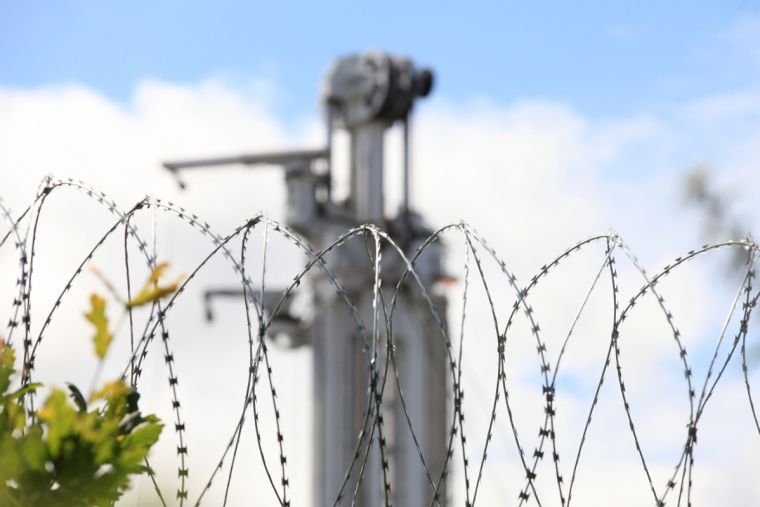Fracking could alleviate suffering of poor people, says Church

The Church of England has criticised "blanket opposition" to fracking and called for a debate that takes the poor and less costly energy sources into consideration.
In a statement on the issue, the Church said it did not have an official policy on hydraulic fracturing but suggested the pros and cons needed to be viewed through a wider lens.
In particular, the Church suggested fracking could alleviate fuel poverty and the suffering of the poor.
"There are a number of balancing considerations which need to be taken into account when coming to a view," said the Chair of the Church of England's group on Mission and Public Affairs, Philip Fletcher.
"Fuel poverty is an increasingly urgent issue for many in society - the impact on energy bills is felt most by the least well off. Blanket opposition to further exploration for new sources of fuel fails to take into account those who suffer most when resources are scarce."
However, the Church said that fracking should be properly regulated and steps taken to minimise the risks.
"I would want to emphasise along with all those that care for the environment the importance of proper controls in relation to any form of fracking – we do not want cowboys and cavaliers digging up the land in a free for all exploitation," said Mr Fletcher.
The Church acknowledged that fracking would contribute to global warming and was "less than ideal in terms of climate change".
However it said gas was less damaging than coal and that "to preclude properly managed technical development is to risk denying ourselves more important, less polluting and less costly options than the energy sources on which we currently rely".
Mr Fletcher added: "Fuel poverty, the creation of jobs, energy self-sufficiency and the development of technology that may reduce the impact of more polluting fuels are just some of the factors which need to be taken into account in any debate alongside the concern we all have about the impact of fossil fuels upon climate change."











